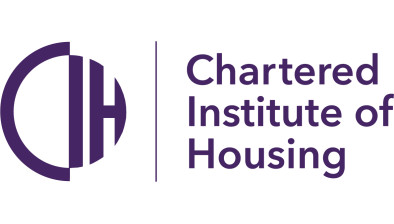UK: Housing association blazes a trail with sector’s first BME pay gap report
L&Q has become the first UK housing association to publish a report into both its gender pay gap and the difference in pay between its black and minority ethnic (BME) and white members of staff.
In a move which aims to reduce inequalities in the sector, L&Q said its inaugural Fair Pay report demonstrates the social housing provider’s commitment to diversity and equality.

All organisations with more than 250 staff have been required by law since April 2018 to produce gender pay reports. But the housing association has gone further and will now regularly report on ethnicity pay statistics.
The report shows the gender pay gap at L&Q is improving, while the BME pay gap is smaller but notable.
The median gender pay gap is now 7.6% at L&Q and 1.7% at its care and support service L&Q Living. These figures are an improvement from the 2017 figures, which were 9.5% and 10.3% respectively.
In comparison, the median UK-wide gender pay gap for 2017 from the Office for National Statistics was 18.4%, and in 2018 provisional figures show it is 17.9%.
In comparing the median earnings of employees from a white background and from a BME background, the association found a median pay gap of 3.1% at L&Q and 0% at L&Q Living, meaning BME employees were slightly underpaid at L&Q.
White and BME staff received bonuses at a slightly different level at L&Q, with around 85% of employees from a white background receiving a bonus compared to 79% of BME employees.
To tackle these pay gaps further, L&Q has pledged to invest in recruitment; develop a succession and talent management strategy; increase diversity and inclusion training; launch an inclusive leadership and management programme and introduce 360 mentoring.
Jan Gale, head of diversity and inclusion, said: “At L&Q we are proud to be leading the way with our approach to ensuring all staff are paid fairly for the job they do. We are delighted to be one of the first organisations within our sector to publicly report our BAME pay and bonus gaps. We believe by doing this we can be even more influential in tackling the gender and BAME imbalance when considering not only pay and reward, but also positions held at the top levels within our organisation. This is key in our drive to become a fully diverse and inclusive organisation.”
Lesley Rankin, researcher at IPPR and co-author of IPPR’s ‘The Fair Pay Report’, said: “IPPR’s research has shown that transparency is an effective tool in challenging pay inequalities, which is why IPPR has called on Government to implement a radical extension of pay transparency.
“We welcome L&Q’s decision to publish their ethnicity pay gap. L&Q’s actions to address their pay gaps are also essential - because transparency will not eliminate pay inequalities, employers and government need to take action on the structural causes of inequality. We hope that other employers will follow L&Q’s lead.”
David Montague, CEO of L&Q, added: “We’re investing in our people. Being transparent about pay, including our pay bands and our pay progression policy, is important as we address the gender pay gap in a fair and accountable way. We are undertaking a review of pay across the organisation, which will include our market benchmarking and job evaluation process, and also an equal pay audit.”








